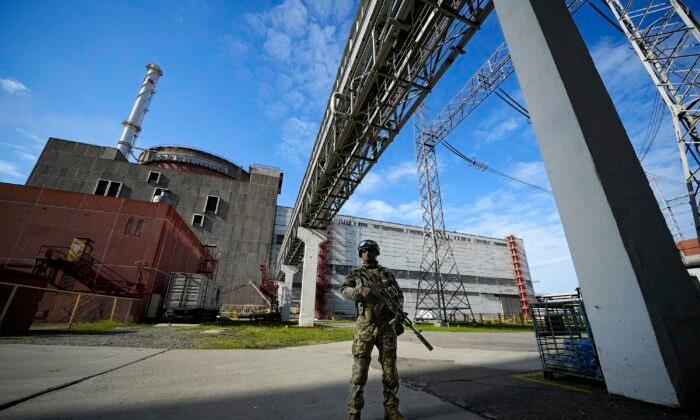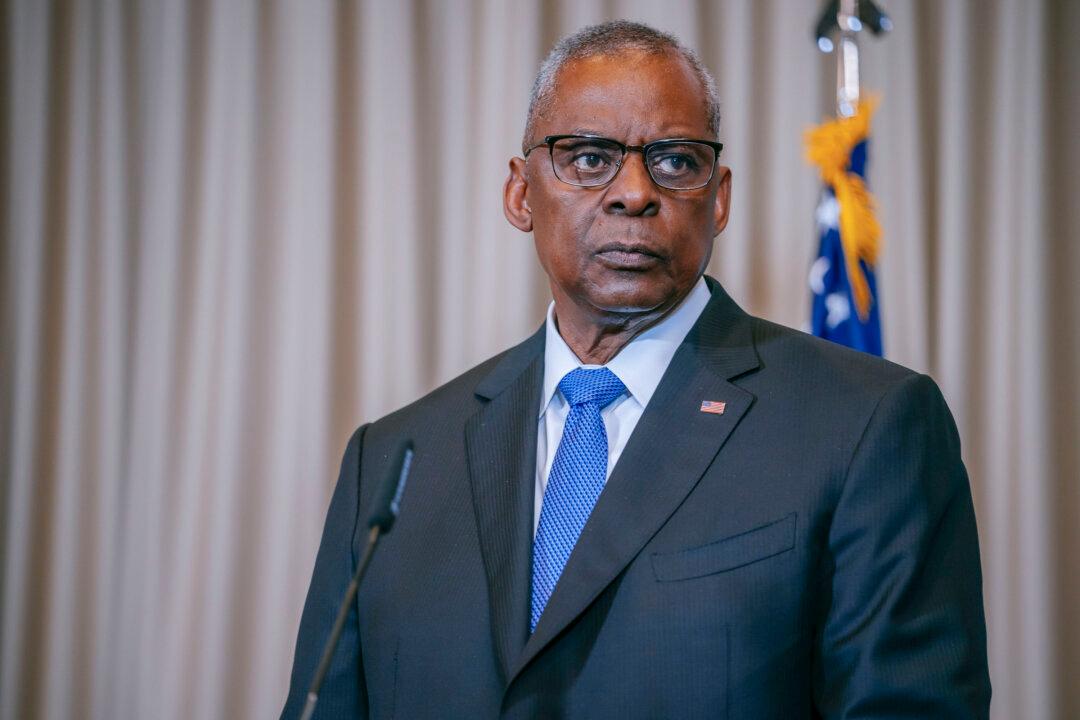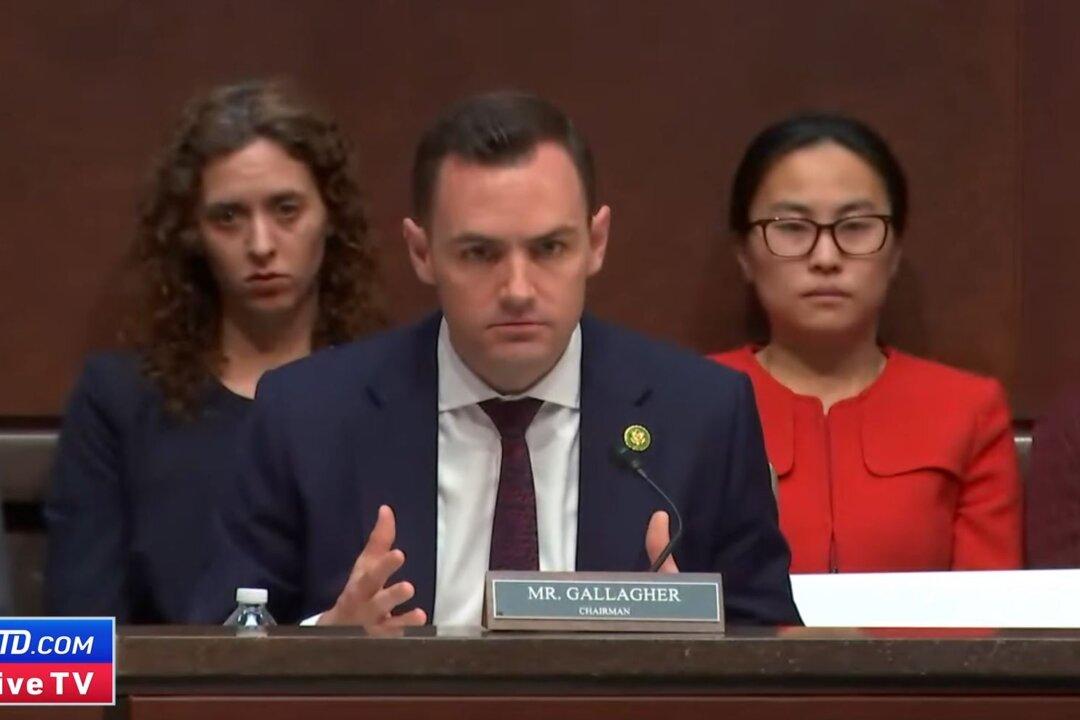The Biden administration is planning to help fund the $400 billion reconstruction of Ukraine after the Russian invasion ends and to turn the Eastern European nation into a new center for European energy production, according to a senior State Department official.
The United States will help to provide the massive sum by selling of assets seized from Russian oligarchs and providing the proceeds to Ukraine, said Under Secretary of State Victoria Nuland during an April 13 speech at the U.S. Chamber of Commerce.
“We will help Ukrainian cities and towns and villages so displaced Ukrainians can return home without fear, reunite with their loved ones, and get back to their businesses, their farms, and to the work of building a peaceful democratic future,” Nuland said.
To that end, Nuland said that the United States was working with its international partners to help fund the massive sum by doing more than merely selling off confiscated Russian goods.
Indeed, she said, the United States is negotiating with the international community to consider using $300 billion in frozen assets from the Russian Central Bank to fund the reconstruction of Ukraine.
Currently, the $300 billion in Russian central bank foreign assets frozen by sanctions are held abroad, but remain under Russian ownership.
Nuland connected the effort to the United States’ wider support of Ukraine, saying that rebuilding Ukraine was necessary to ensure that authoritarianism did not spread through Europe.
“The American people have provided extraordinary levels of military, economic, and humanitarian support to Ukraine,” Nuland said.
Ukraine: The Future of European Energy?
The United States and its allies will also work to leverage the reconstruction of Ukraine towards more strategic, and more profitable, ends.By rebuilding the Ukrainian energy sector, Europe can effectively replace its dependency on Russia, said Deputy Assistant Secretary of State Laura Lochman.
“Energy is obviously a fundamental element of economic recovery and prosperity going forward anywhere,” Lochman said.
“[But in Ukraine,] the elements are there in terms of the nuclear, the natural gas, biomass. There’s renewables that are already being put in place and plans for much greater deployment of renewables.”
To that end, Lochman said that one goal of reconstruction was to transform Ukraine into “an energy powerhouse for the European region” in such a way as to “strengthen European energy security.”
By investing in Ukrainian energy development, she said, Ukraine could reap up to $70 million a month, all while moving Europe away from destabilizing authoritarian powers.
“That will happen with infrastructure investment in Ukraine,” Lochman said, “and [with] continued adoption of European norms and standards.”
Mark Loughran, Central and Eastern Europe president for the Honeywell Corporation, said that the move was a massive opportunity for both the public and private sectors, in and out of Ukraine.
“To start to make the decisions of what the future would look like, it is clearly imperative that Ukrainians are fully connected to the European grid and able to sell into the European grid,” Loughran said.
“There’s a massive opportunity there. The decisions have to be made about the construct to do that, and about the massive amount of materials that are going to be needed.”






Friends Read Free